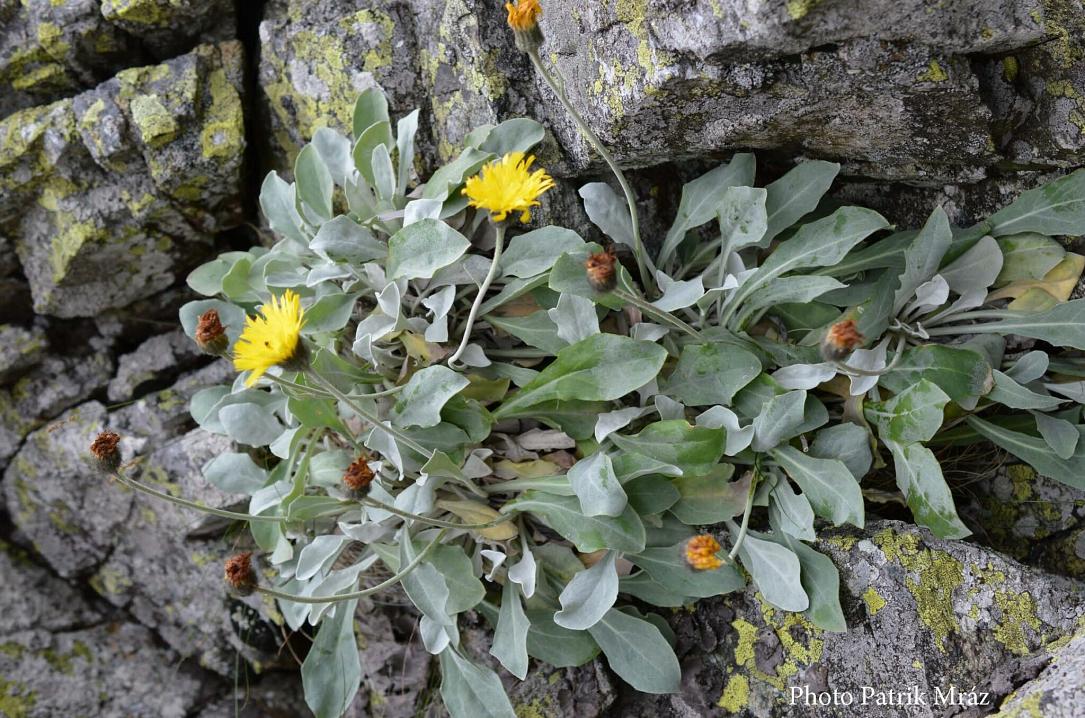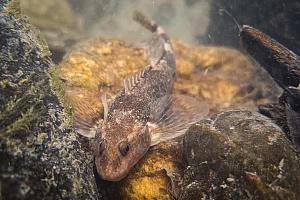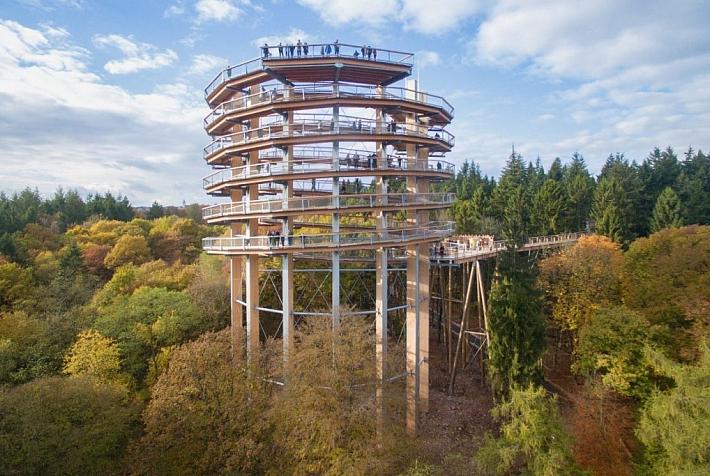Romanian researchers discover 60,000-year-old plant species in the Carpathians

Researchers from Babes Bolyai University in Cluj-Napoca, Romania, have discovered a plant that has been living for over 60,000 years in the Carpathians, making it one of the oldest living beings on Earth.
Andryala laevitomentosa, an extremely rare, endemic species, could be the oldest living plant organism on Earth. The study reveals that clones of the species have persisted for over 60,000 years in the same location, despite major climate changes over millennia.
It is also one of the world’s rarest plants, with only five small populations spanning a 1.8 km mountain ridge in the Eastern Carpathians (Bistrița Mountains), according to the press release.
The species was first discovered in 1961 by a UBB student, with its holotype deposited in the UBB Herbarium (CL).
The plant produces almost no viable seeds, instead surviving through vegetative reproduction, meaning it propagates through shoots. This reproductive method has allowed the formation of clones that have endured tens of thousands of years in extreme climatic conditions, including the Pleistocene glaciations.
Researchers used advanced genetic analysis techniques to study these populations and determine the age of these clones. Results showed that Andryala laevitomentosa has extremely low genetic diversity, yet its populations have developed significant genetic differentiation.
“Only 11 genetically distinct individuals were identified, but the longevity and persistence of these clones are incredible. As such, the ‘oldest clone’ could represent one of the oldest, if not the oldest known individual in the plant world, showcasing a remarkable capacity of these organisms to adapt and survive environmental changes,” explained Prof. Dr. Mihai Pușcaș (Faculty of Biology and Geology, Al. Borza Botanical Garden, UBB), a member of the research team.
This discovery highlights not only the extraordinary longevity of the species but also the importance of preserving its unique habitat. Losing any of these clones would equate to the extinction of an organism that has survived since the last glaciation.
(Photo source: News.ubbcluj.ro)













